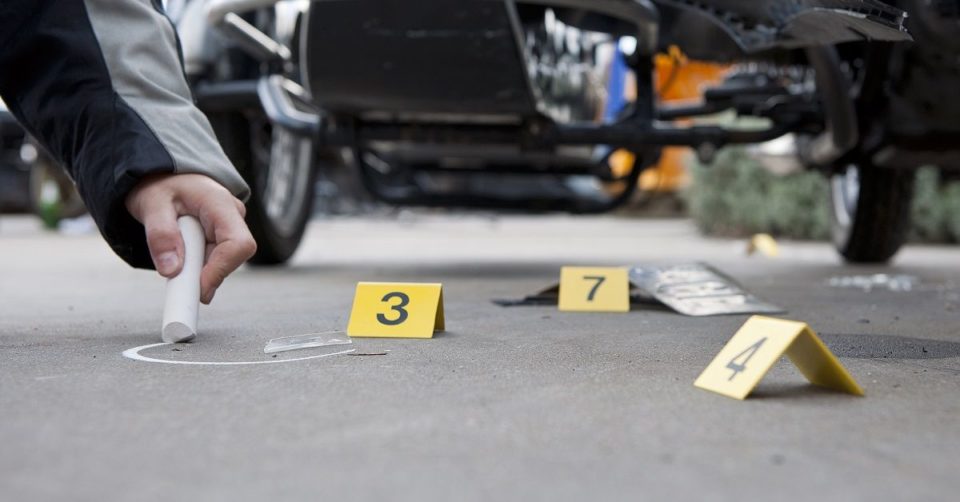While accidents are sudden disruptions, studying their dynamics is a systematic field of study. An accident reconstruction expert’s job is to carefully examine the sequence of events that result in motor vehicle incidents. To determine the reasons and contributing factors to an incident, these professionals employ principles of forensic engineering and physics.
Their knowledge transforms confusion into understanding, offering vital information for court cases and safety enhancements. An accident reconstruction expert deals with a range of issues in their line of work, which calls for a blend of technical know-how, analytical prowess, and frequent cross-disciplinary cooperation. Among the main difficulties they face are:
Restricted Information and Subjectivity
Crucial evidence may be missing or hidden, and accident scenes can be chaotic. Reconstruction experts are forced to work with the information at hand, which is only sometimes complete. There is some subjectivity involved in interpreting evidence, such as skid marks, car damage, and witness testimony. To ensure that their analysis is as impartial as possible, experts must work to reduce prejudice.
Complexity and Data Collection
Reconstructing an accident may need a complex understanding of engineering and physics. A thorough comprehension of these ideas is necessary to reconstruct the series of events preceding an accident accurately. It can be challenging to compile pertinent information from the accident scene, the involved cars, and other sources. To properly gather and evaluate this data, specialists need to employ cutting-edge methods and instruments.
Time Restrictions, Legal and Ethical Considerations
Reconstruction projects are frequently time-sensitive, especially when there are court deadlines to fulfill. There could be pressure on experts to deliver findings quickly and maintain accuracy. When performing their work, accident reconstruction specialists must abide by legal and ethical requirements. This entails upholding confidentiality, truthfully presenting their conclusions in court, and steering clear of conflicting interests.
Interdisciplinary Collaboration and Communication
Reconstructing accidents frequently necessitates working with experts from a variety of disciplines, such as engineering, psychology, law enforcement, and medicine. It might not be easy to coordinate efforts and integrate knowledge from these various fields. Communication is vital for explaining complicated technical conclusions to people who aren’t professionals, such as juries or insurance adjusters. Experts have to communicate the subtleties of their findings while translating their analysis into language that is easy to grasp.
New Technologies and Techniques
As new technologies and techniques are developed regularly, the field of accident reconstruction is constantly changing. Professionals need to keep up with these changes to guarantee that their analyses are current and valuable.
Testifying in Court
Expert testimony must be presented in court and involves both technical knowledge and the capacity to endure intense cross-examination. Experts need to be ready to defend their methods and findings when called upon.
Key Takeaway
Professionals with experience in accident reconstruction provide essential knowledge. Their efforts help to the larger objectives of improving public safety and averting future tragedies by providing clarity in specific circumstances. Accident reconstruction is a challenging and complex area that calls for a blend of technical proficiency, rigorous analytical thinking, and strong communication skills to meet its many obstacles.

